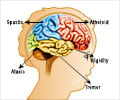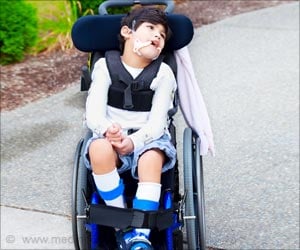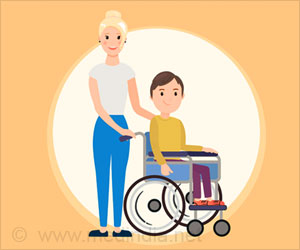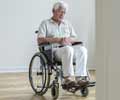People with cerebral palsy (CP) are more likely to develop depression and anxiety, reveals a new study.

TOP INSIGHT
Adults with cerebral palsy (CP) are at increased risk of developing depression and anxiety than adults who do not have cerebral palsy, reveals a new study.
Read More..
Relatively little is known about the mental health of adults with cerebral palsy as it is often considered to affect only children, despite many living with the condition into adulthood.
Researchers examined up to 28 years of UK primary care data of 1,700 adults aged 18 or older with cerebral palsy, and 5,115 adults who did not have the condition.
Researchers found that the risk of depression was 28 percent higher and the risk of anxiety was 40 percent higher among adults with cerebral palsy who have intellectual difficulties compared to those without the condition.
For those who had cerebral palsy but did not have an intellectual disability, the possibility of developing depression and anxiety increased further. The risk of depression was 44 percent higher, and the risk of anxiety was 55 percent higher in adults with cerebral palsy who didn't have an intellectual disability, in contrast to their peers.
"People with cerebral palsy face unique challenges as they age which could be linked to anxiety and depression. This study has allowed us to define the issue; the next step will be to better understand why it happens so we can develop targeted mental health interventions for this population."
"These findings support the need to consider cerebral palsy as a lifelong condition and to identify and address mental health problems among people with cerebral palsy alongside physical health problems," said Dr. Jennifer Ryan, study co-author and StAR Research Lecturer at RCSI.
"Despite historically being considered a pediatric condition, the majority of with cerebral palsy live well into adulthood, and many adults with cerebral palsy experience a worsening of impairments, including a decline in mobility. We hope that the findings of the study will help accelerate a response to adults with cerebral palsy who report inadequate provision of coordinated health services worldwide."
Source-Eurekalert
 MEDINDIA
MEDINDIA




 Email
Email










